
Retailers, restaurants, and other businesses must delete debit card expiration dates and truncate account numbers on receipts, according to the Federal Trade Commission (FTC).
Under a law that went into effect in December 2006, businesses are prohibited from including more than the last five digits of a debit card number on a receipt. However, according to consumer reports, many businesses may not be complying with this law, known as the Fair and Accurate Credit Transaction Act.
What is FACTA?
The Fair and Accurate Credit Transaction Act establishes credit card receipt privacy laws to protect consumers’ private financial information from fraud and identity theft. Under the terms established by FACTA, electronically printed debit card receipts must shorten account information to only include the last five digits of the account number. Additionally, the card’s expiration date may not be included on the receipt.
Generally, these prohibited digits are replaced with an asterisk. FACTA only applies to electronically printed receipts, not to handwritten receipts or receipts that are imprinted.
Under FACTA, the FTC allows consumers to file lawsuits against businesses that don’t comply with these regulations. In addition to consumer lawsuits, the FTC may also pursue civil penalties and fines against these businesses.
Businesses that do not comply with FACTA’s regulations regarding customer receipts may be hit with fines and statutory damages ranging from $100 to $1,000 per violation.
Are there exceptions to FACTA?
WalletHub explains that not all kinds of receipts are subject to the restrictions of what numbers can or cannot be visible. Though electronically printed receipts must not show more than the last five digits of a card number, receipts generated from older imprinting machines are legally allowed to print the entirety of a card number on a receipt. These machines are uncommon now that most receipts are generated electronically, but you may run into a business that uses them. In these instances, carbon paper is used to make a record of a card.
WalletHub advises to always tear up or shred a receipt before throwing it away. This is especially important in the case of receipts generated from an imprinting machine because these receipts have extensive information that can be used in identity theft or fraud.
Additionally, FACTA’s restrictions on what information can or cannot be on a receipt only apply to customer copies of receipts. Merchants usually print two copies of receipts — a customer copy and a store copy.
This means that even if you keep track of all of your receipts and dispose of them properly, your debit card information could still fall into the wrong hands. Unfortunately, identity theft is more and more common as information is widely available, and your information could be exposed.
Technology advancements have made it easier for thieves to access debit card information. So, while old imprinting machines are uncommon, and the majority of a debit card number should not be on most receipts, unfortunately, there are many new ways for thieves to access debit card information.
Is it safe to throw away debit card receipts?
If the business you received the receipt from is complying with FACTA and has removed and truncated the debit card information, it is relatively safe to throw the receipt away.
However, consumers may want to shred receipts or other items that contain sensitive information. Shredding papers containing account numbers and other personal information is one way to protect your privacy and identity from fraudsters and thieves.
Debit card receipts that do not remove account numbers and expiration dates may be stolen and used to commit monetary or identity theft.
What can debit card receipts be used for?
Criminals who obtain debit card receipts containing account information may be able to use these receipts to commit a variety of crimes, including identity theft and financial theft. Criminals who use debit card receipts to steal your information may be able to empty your bank accounts, tarnish your reputation, and get you in trouble with the law.
Victims who have been given a receipt that includes more than the last five digits of their account number, and also contains the expiration date associated with their card may qualify to join a debit card receipts investigation.
Qualifying victims who have received receipts that do not comply with FACTA may be eligible to hire an attorney and file a class action lawsuit against the business responsible.
This article is not legal advice. It is presented
for informational purposes only.
ATTORNEY ADVERTISING
Top Class Actions is a Proud Member of the American Bar Association
LEGAL INFORMATION IS NOT LEGAL ADVICE
Top Class Actions Legal Statement
©2008 – 2026 Top Class Actions® LLC
Various Trademarks held by their respective owners
This website is not intended for viewing or usage by European Union citizens.






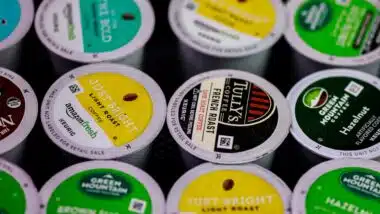
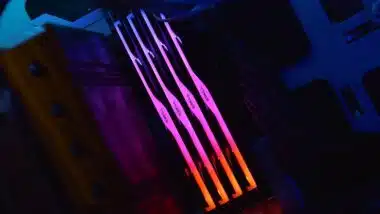

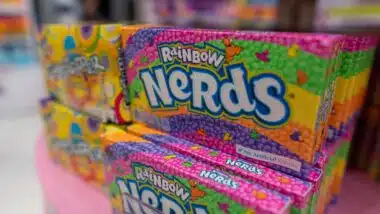
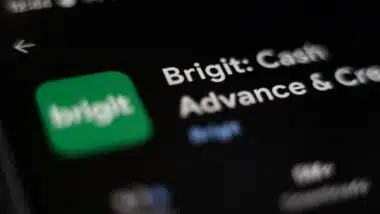
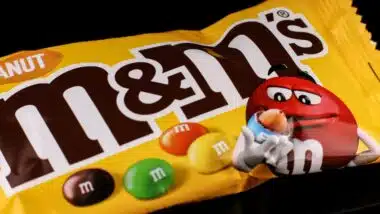



6 thoughts onIs it safe to throw away debit card receipts?
Add me
Add me
Add me
please add me`
Na